Many of us look abroad for that perfect place in the sun. With a record number of Britons entering into retirement in recent years, more of us are getting our act together, seeing what property markets have to offer beyond the British Isles.
Australia is one such destination – each year, an average of 30,000 Britons emigrate from the UK to live Down Under, seeking to make a fresh start, whether that’s at the start of a career or for their retirement years. Whatever the reason, Australia has continued to pique the interest of many.
Not only is Australia a popular place to live – many Britons have seen the housing market in Australia as a suitable place to build up a healthy pension pot.
But what’s it worth, investing Down Under? Is it costly, and what risks could be involved? Read on to learn all about what we consider to be need-to-know for investing in the Australian housing market.
The Australian market – basic facts
As an introduction to the Australian housing market, it’s important to understand how the Australian economy works. The legal tender Down Under is the Australian Dollar (A$ or AUD), and for many years, the exchange rate has been close to A$1.93 per British pound.
Australia is abundant in natural resources and the country is a major exporter, feeding the Chinese manufacturing base with raw materials. This means their currency is very sensitive to swings in commodity prices. Keep a close eye on oil prices in particular, as so-called black gold is a number-one export Down Under.
The population is booming, fuelled largely by immigration, ensuring that the country’s workforce continues to grow. Despite this, the persistent slowdown in the Chinese economy has weakened growth in recent years, prompting the RBA, Australia’s central bank, to slash interest rates from almost 5 per cent in 2011 to just 0.75 per cent in 2020.
This has had a significant impact on the housing market, boosting demand in a country with a rising population concentrated largely in coastal areas.
Australian house prices vary, but price to income ratios show signs of stretched affordability, particularly in the South East of the country, where many of the major cities are.
As a result, the average home in Sydney would be expected to cost you as much as A$1.14 million alone, but homes in Darwin fetch a price of just A$509,000 in comparison, as of December 2019.
Prices have cooled somewhat since 2016, but as many as 649 suburbs across the nation continue to have median house or unit prices above the A$1 million mark.
How easy is it to buy into Australian housing?
To get started as an investor in Australia’s housing market, you need to start by reading up on what the government requires. It’s important to know that, following the introduction of new laws in 2015, non-resident buyers are restricted to investing in new dwellings, vacant land waiting to be developed or off-the-plan properties in the process of being built.
To curb property speculation in the housing market, the Australian government introduced stamp duty surcharges on foreign investors. They differ from state to state, and some also add a land tax surcharge on top. Check out this stamp duty calculator, to work out what the costs could be, depending on where you wish to invest, and the type of property you have in mind.
As a non-resident looking to buy, you will need to seek approval from the Foreign Investment Review Board (FIRB) – failure to comply with seeking their approval could result in a fine of A$135,000, a three-year prison sentence or both. These are penalties you simply can’t afford to bear, so it pays to be completely above-board.
An overseas mortgage is most likely the type of financial product to suit you, as you look to invest in the Australian market. Many UK-based banks offer international mortgage services, but it’s always important to make sure they actually operate in Australia first.
That’s because, while you start the process of seeking a mortgage in the UK, you will ultimately need to deal with an Australian-based branch when you get there. For more information on the subject, check out this guide to overseas mortgages from Which?.
Can I seek an overseas lender?
Not all Britons resort to UK-based providers to seek a mortgage for the Australian property markets. It’s possible to seek out a specialist broker instead.
They can fill you in on the need-to-know information you’ll need, such as estate agents and lawyers to get in touch with, to facilitate making an investment in Australia.
A First Home Buyers Grant (FHBG) is something which could aid your purchase, but please note this is only an option for UK residents, provided that their spouse or partner is an Australian citizen or a permanent resident already. Otherwise, the FHBG is off the table.
When seeking to borrow for a mortgage in Australia, while still based in the UK, you are likely to find borrowings capped at 80-90 per cent of a property’s total value. As a result, you’ll need to have sufficient savings in the bank to pay a deposit of 10 to 20 per cent of the property’s value.
Things that catch out UK investors
It’s always important to be aware of those potential investment tripwires which could risk derailing plans you have for investing your money into the Australian market.
Being self-employed can pose a problem in some cases – it can often prove trickier to apply for a mortgage in Australia if this is your working arrangement. Some lenders make a point of refusing to lend to self-employed people entirely, if they think it’s harder to discern what your provable income actually is.
Large money transfers might also be an issue, as banks are inclined to charge for the luxury of facilitating them. To avoid a costly bill for money transfers, it makes sense to shop around and find banks offering a cheaper deal, so you can get on with putting your money where you really want it to go. Certain banks specialise in overseas transfers, so seek them out when paying the deposit on a property.
From the outset, Australian homes are likely to incur all sorts of extra costs you might not have considered, if you’re new to the market. The hot climate means most homes will have a swimming pool and air conditioning which will require maintenance, as well as a garden in need of regular management.
Not only that, but there are the costs associated with keeping pests such as snakes and spiders at bay to consider too.
Insuring your home is vital
Recent headlines in Australia should be enough to tell you that the country’s climate can be volatile, even at the best of times. Recent bushfires have damaged much of the country’s natural environment, as well as destroying thousands of homes.
Australia’s climate makes it important for any prospective investors to insure any home they purchase accordingly – all mortgaged homes in the country are required to have some form of insurance by law, typically before the loan becomes unconditional.
Even if you don’t have a mortgage on a home, it’s still important to insure it, as your home could potentially be at risk to infrequent but occasional natural disasters such as windstorm peril, earthquakes and floods.
Check the costs of travel
When investing in Australia, you need to have a clear idea about how often you intend to actually travel there. Are you intending to make occasional trips, or spend the rest of your retirement there?
It’s important to bear travel costs in mind, because the average flight to Sydney from the UK can cost between £800 to £1,500 for a one-stop flight, with a stop-over usually being made in Hong Kong or Singapore along the way.
You also need to be sure you’re comfortable with the length of the journey and having to do it on a regular basis – travelling as far away as Sydney takes the best part of a day, if you’re travelling from London Heathrow.
With all these points in mind, there are clearly lots of things to watch out for, but one thing is for sure – Australia’s housing market is one of the most popular destinations for British investors looking to put their money overseas.
Thinking of taking the leap yourself? Using what you’ve learned here, consider what opportunities lie Down Under today.


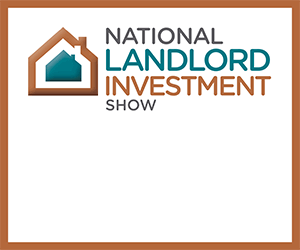






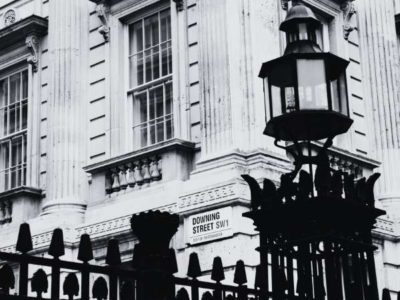
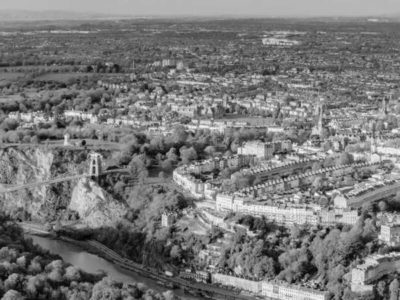
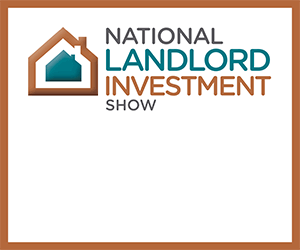




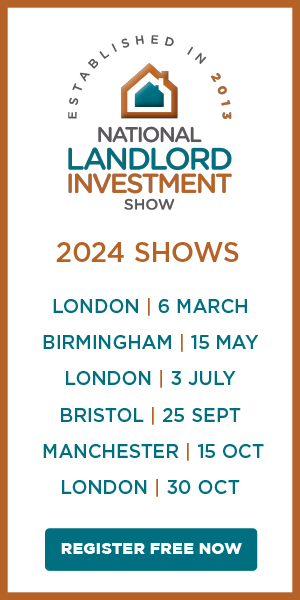
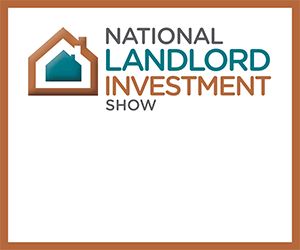
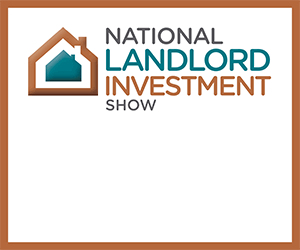


Comments